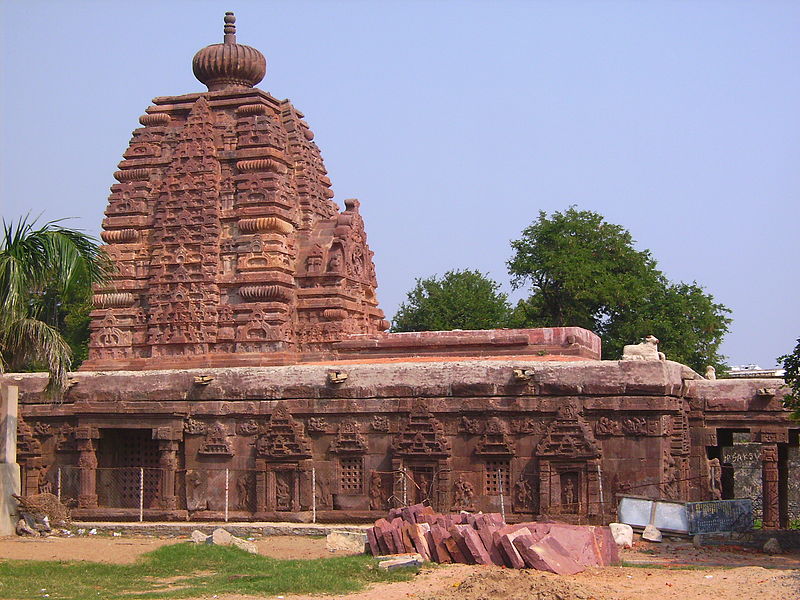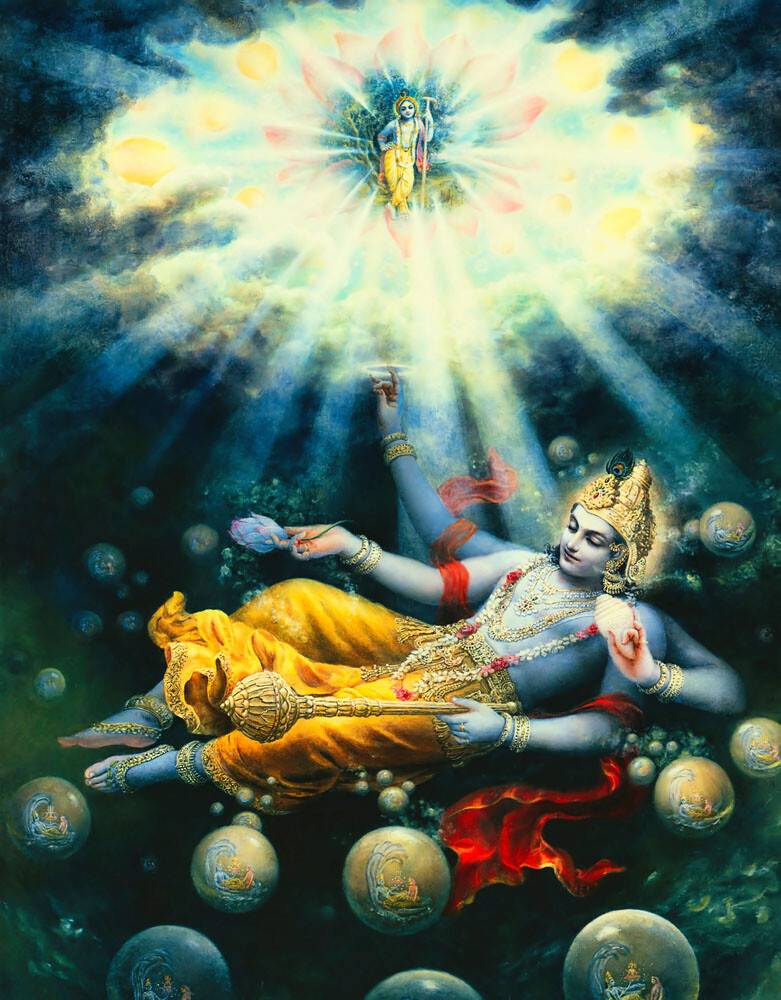Unveiling the Essence of Sanskar: A Journey into the Soulful Wisdom of Hinduism
Explore the meaning of Sanskar in English and dive into the intricate Hindu tradition of imparting essential values through life's various ceremonial stages.

Sanskars, derived from the Sanskrit word 'Samskara,' hold significant value in the Hindu tradition. As we delve deeper into this term, we discover that Sanskars encompass a range of rituals and ceremonies performed at various stages of an individual's life. These rites of passage serve to facilitate the individual's journey from birth to death, with each stage infused with spiritual and social significance.
At the heart of the concept of Sanskars lies the idea of refining and purifying an individual's inner self, thereby fostering their overall well-being and growth. Sanskars enrich a person's life through knowledge, values, and culture, ultimately leading them toward self-realization and an understanding of the true nature of existence. In this context, the term Sanskar can be translated into English as "impressions," "imprints," or "engravings" on one's mind and soul.
There are sixteen Sanskars in Hinduism, collectively known as the "Shodasha Samskaras." Each Sanskar marks a critical milestone in an individual's life, such as birth, naming ceremony, initiation into formal education, marriage, and last rites. These ceremonies not only carry spiritual meaning but also help to inculcate moral and ethical values in the individual, fostering a sense of belonging and responsibility towards family and society.
Performing Sanskars also serves as a means of invoking divine blessings and positive energies into the lives of individuals. By adhering to these age-old traditions, Hindus honor their ancestors, strengthen family bonds, and carry forward their rich cultural heritage. In this way, Sanskars contribute to the harmonious functioning of society and facilitate the spiritual growth of individuals, helping them attain the ultimate goal of life: self-realization and liberation from the cycle of birth and death.
In conclusion, the concept of Sanskar in Hinduism has far-reaching implications in the lives of those who adhere to this faith. These ancient rituals and ceremonies instill a sense of discipline, purity, and conscious living in individuals, ultimately helping them lead a purposeful and fulfilling life. By understanding the meaning and significance of Sanskars, one can appreciate the beauty and depth of Hindu culture and spiritual traditions.




